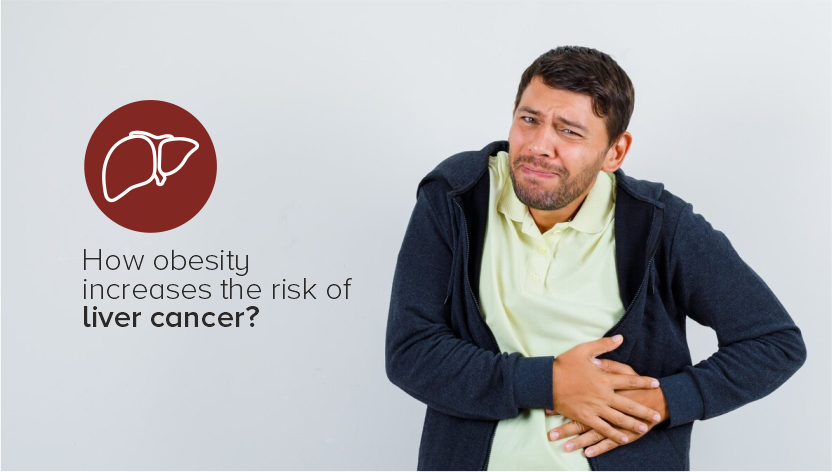Obesity is a growing global health concern, affecting millions of people worldwide. While it’s commonly associated with various metabolic disorders like diabetes and cardiovascular diseases, less attention is given to its connection with liver cancer.
